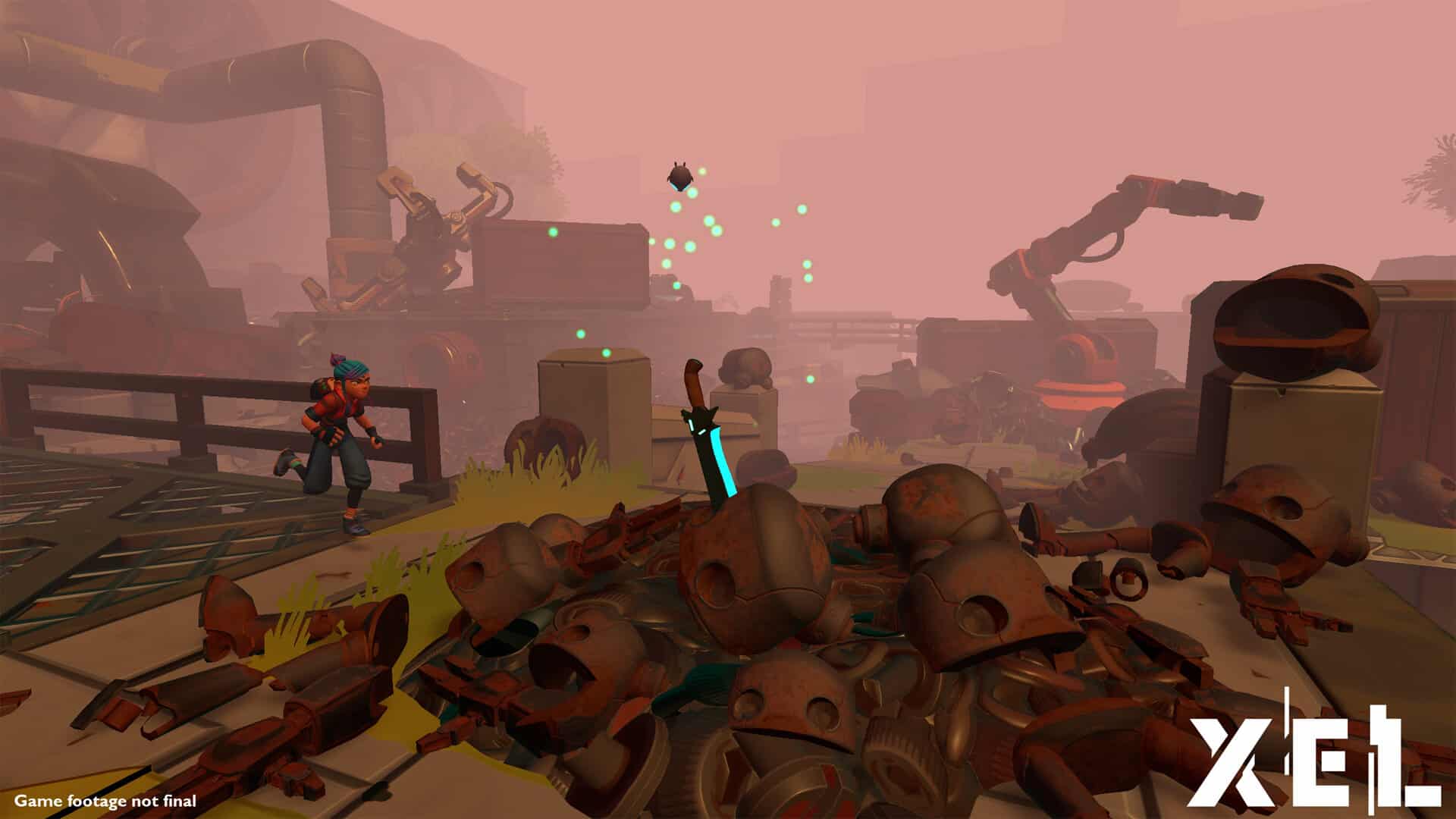The discovery of another component of aging—telomeres—won Australian scientist Elizabeth Blackburn a Nobel Prize in 2009. See, whenever a cell divides, the famous DNA double helix unzips itself into two single strands, each of which is replicated to complete two full new sets. This unzipping and recomposing business takes place inside of you about 2 trillion times every day. But to err is human, even on a cellular level. Mutations happen. Too many mutations result in loss of function, disease, and death.
That’s where telomeres come in. The most sensitive and damage-prone part of a DNA strand is its end, much like a shoelace. Because the loose, flappy ends of your shoelaces are much more likely to get frayed, shoemakers protect them with those protective plastic caps. Telomeres, sequences of proteins that live on either end of your DNA strands, serve just like those protective caps on your shoelaces: They replicate differently and are therefore not prone to the same kind of damage as the rest of a DNA strand. However, every time DNA replicates, these telomeres get “worn down” just a little bit. When telomeres become too short, they signal to the cell that “it’s time to die.” When scientists observed that mice with longer telomeres lived longer and had less DNA damage than shorter-telomered mice, they theorized that stimulating the production of telomerase—the enzyme that lengthens telomeres—might be the secret to slowing or reversing aging.
Of course, nothing is simple when it comes to the multiplex process of aging: Excess telomerase is also linked with cancer. It has even yet to be proved if telomere length is a cause of aging or merely a byproduct of it. Like other theories of the root cause of aging, telomere theory is a definite “maybe.”
Source link




























